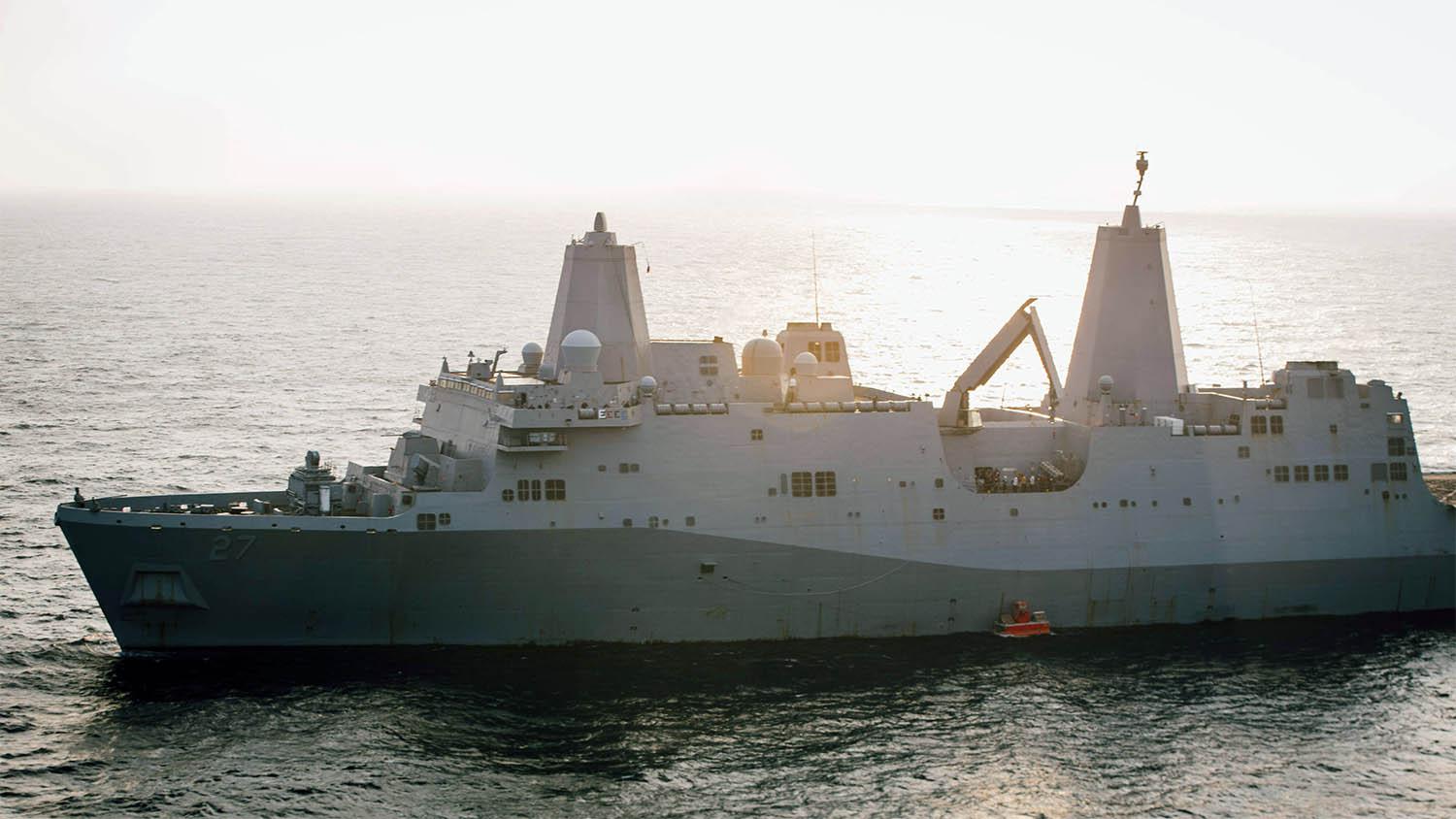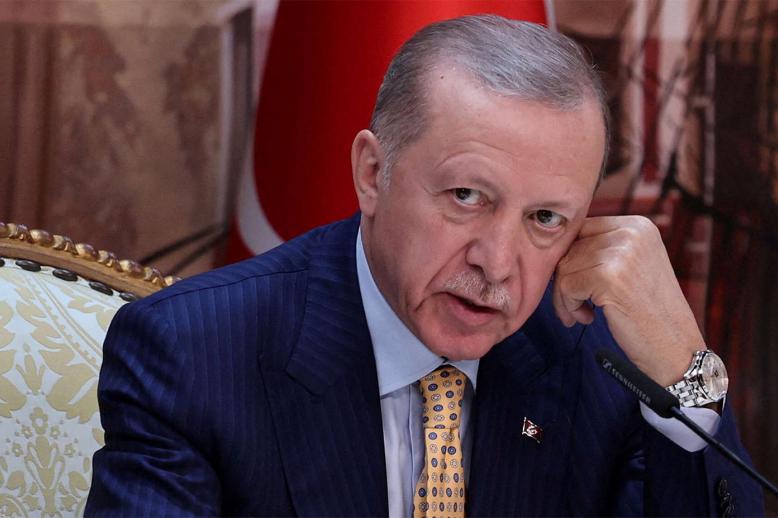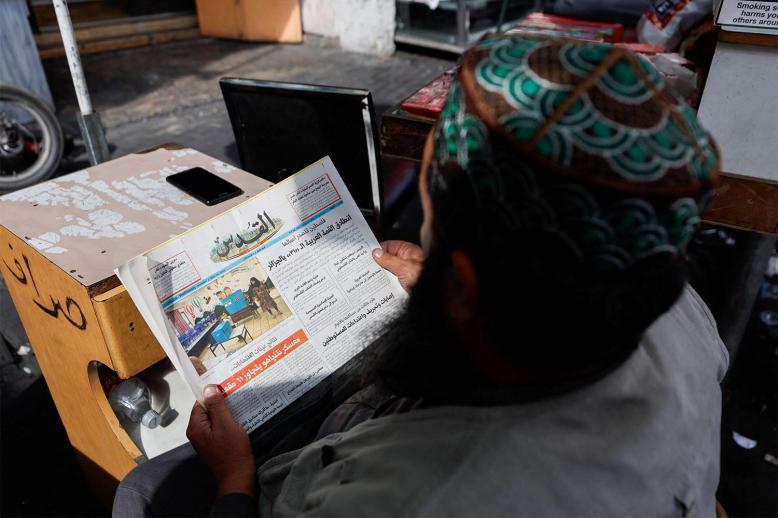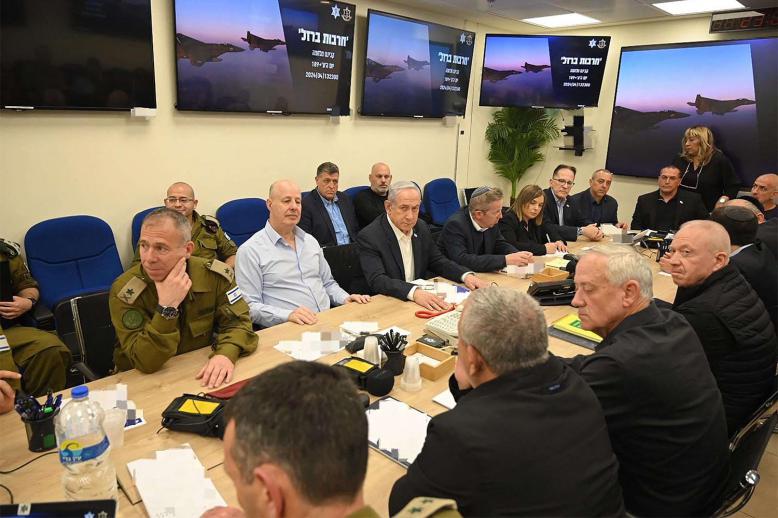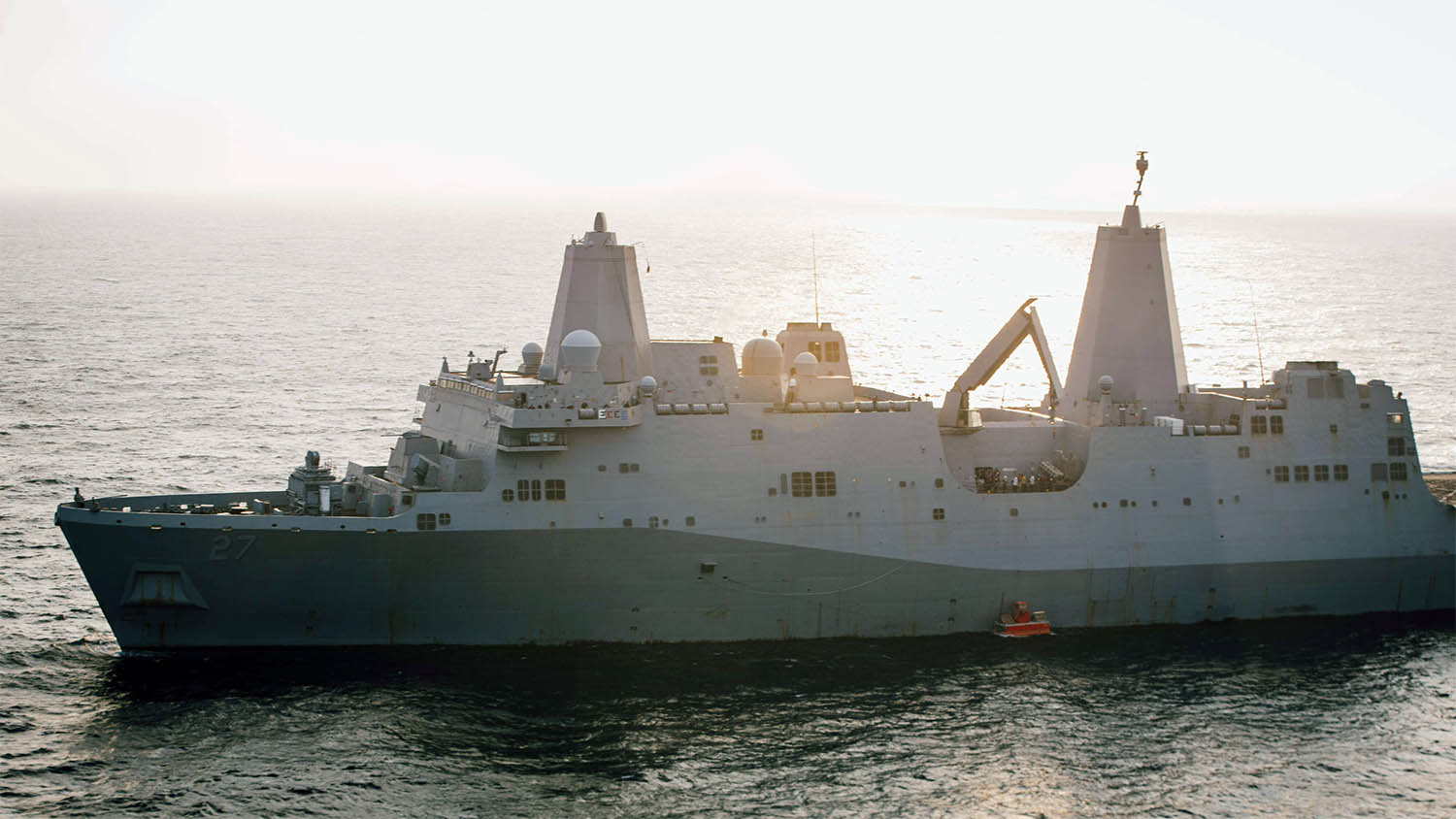Is Washington repositioning in the Middle East?
In the face of attempts to expand threats and crises in the Middle East, the strong and accelerated US response appears to be to rethink US positions, both in terms of implementing security commitments to allies and in terms of US military presence in the Middle East more generally. There are several indications that the US cannot abandon or distance itself from its policy in the Middle East.
This is especially true now that everyone has come to understand how closely intertwined the US military presence, on the one hand, and its strategic weight, influence, and defense of its strategic interests, on the other, can be. There are several signs of a relative shift in the Biden administration’s thinking about the US military presence in the Middle East.
In particular, there is talk of more decisive US action against threats to the UAE and of improving its security as a key strategic ally of Washington. This time, the US did not just reiterate its verbal support for the allies, as it had done in recent years. They acted immediately, deploying their latest fighter aircraft, part of their naval fleet, and other defense reinforcements.
Lt. Gen. Michael Eric Corella, who is slated to succeed Gen. McKenzie as commander-in-chief of US Central Command, also issued warnings at a recent Senate hearing. If Russia invades Ukraine, instability in the Middle East will expand and Iran will remain the greatest threat to the US and its allies in the region, he said, adding that China is also expanding its influence and spending into Central Command’s sphere of influence.
All of these warnings indicate that Americans are becoming increasingly aware of the importance of rethinking the reduction of their military presence in the Middle East.
General Corella expressed a relatively different view at his application hearing. “The US faces a new era of strategic competition with China and Russia that is not confined to one geographical region and extends into the [Central Command] area of responsibility,” he said. “As the US rightfully prioritises competition with China, we must remain engaged in the Middle East and Central and South Asia.”
Gen. Corella informed members of Congress that 18 of the 21 countries under the purview of US Central Command have signed strategic agreements with Beijing, increasing China’s influence in the Middle East. He stressed that the US must be able to counter China in this region. It is a vision that is not new, but offers a different perspective than previous ones.
It reflects the vast experience of the new commander of the Central Command in the region and the strengthening of the US military presence in the Middle East, one of the strategic conflict zones in the struggle for influence with China.
General Corella’s speech to Congress follows up on statements made by General Kenneth McKenzie, the current commander of US Central Command, during his recent visit to the UAE as part of a trip to the region.
“My visit here, and to some degree repositioning, is all designed to send a very careful, calculated message that the US is a reliable partner... We’re not going to forget this part of the world,” McKenzie said. “We’ve always got an ability to help our friends.”
This is, in my opinion, the most important point in his speech, as it sums up all the American responses, regardless of their motives and reasons. There is one more indicator that you should not forget. We are talking here about the US surprise attack on the leader of Daesh in Syria, on the borders of the Turkish-Russian-Iranian sphere of influence.
The operation did not have the sole purpose of killing Ibrahim Al Qurashi. It was also to send a message to multiple parties, including Russia to emphasize that Syria remains a US area of interest, and Iran, which speaks of terrorism but supports militia attacks against regional states and never targets terrorist leaders.
A third message was directed at US allies to tell them that Washington remains a major player in all Middle East crisis areas. These important signs demonstrate that the US is renewing its commitments to its allies in the Middle East.
However, a different or parallel analytical view is that all these US moves to ensure the security of Gulf allies — as well as the reaffirmation of the importance of the Middle East in US strategies — stem from the White House’s desire to avoid the anticipated negative repercussions of possible US concessions to Iran under the agreements to revive the nuclear deal.
This would heighten fears among partners such as Israel and the GCC states that the scenario of the 2015 agreement, which allowed Iran to establish itself in the region through an expansionist project whose negative effects continue to this day, could be repeated.
In other words, President Biden wants to prevent deep rifts from opening up between Washington and its allies, as they did under the Obama administration. He wants to reassure allies and strategic partners that Washington is a credible ally. Perhaps the White House is also aware that the US is in a very difficult strategic position.
This requires quick, coherent, and clear responses. It also became clear how closely linked the crises are. In other words: What is happening on Ukraine’s borders is not far from Taiwan or indeed the Middle East.
It can now be said that Washington has learned the Afghan lesson. One does not want to repeat the dismal failure by hastily withdrawing from the Middle East in favour of the East Asia challenge.
Salem AlKetbi is a UAE political analyst and former Federal National Council candidate

